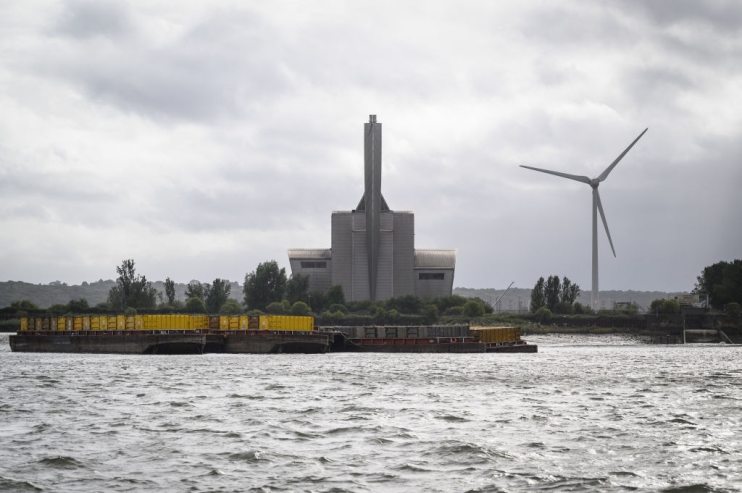Government U-turns over water firms dumping sewage in English rivers

The government has U-turned its decision to block legal obligations being placed on water firms dumping raw sewage into English rivers.
This follows an escalating row between ministers and backbench Conservative MPs after they were told to vote down the House of Lords’ amendment to the Environment Bill.
Parliament’s upper house had pushed through an amendment placing a legal duty on water companies to reduce harm caused by storm overflows.
The amendment was then stripped out of the bill last week following a close House of Commons vote, 268 to 204, despite gathering widespread public support.
Ministers feared that MPs who had abstained in the previous vote would now vote in favour of the new House of Lords’ amendment when it returned to the House of Commons.
Downing Street opposed the original amendment as they believed the bill provided sufficient reductions to reduce harm caused by storm overflows, while the initial assessments to fix the UK’s water infrastructure is estimated at over £150bn.
However, 22 Conservative MPs rebelled against the government to vote in favour of the amendment, while pressure has mounted on the government from campaign groups and constituents.
DEFRA is now strengthening the bill with its own amendment creating legal obligations for water companies reduce the impact of discharges from storm overflows.
Environment secretary George Eustice said, “Following a debate in the House of Commons last week during the final stages of the Environment Bill, today we are announcing that we will put that commitment on a statutory footing with a new clause.”
The debate follows increasing concerns over the state of waterways in England and Wale.
Just 16 per cent of England’s rivers, lakes, estuaries and coastal waters currently meet the minimum “good ecological status”, according to the EU water framework directive.
During storms and periods of heavy rain, wastewater is released into rivers and coastal areas to prevent overloaded sewers backing up into homes and businesses.
Th Environment Agency reported there were 403,171 spills of sewage into England’s rivers and seas in 2020, adding up to more than 3.1m hours of spillages.
The government has blamed a variety of factors for the increasing sewage spills, including antiquated Victorian infrastructure and climate change.
The timing of the row is especially uncomfortable for Prime Minister Boris Johnson, with the COP26 UN climate summit beginning in Glasgow on Sunday